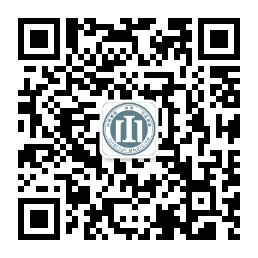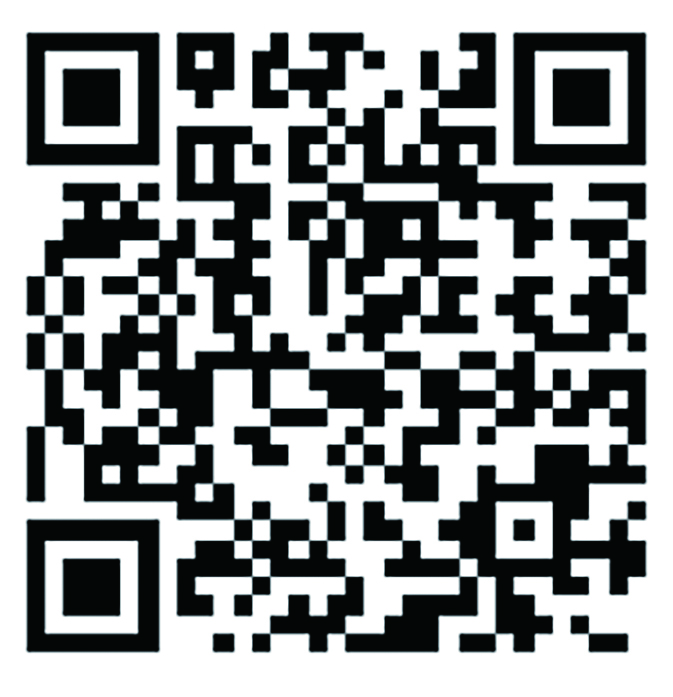目的探讨“家长课堂”指导训练结合家属心理干预在脑瘫患儿家庭康复干预中的应用效果。方法选取我院收治的脑瘫患儿115例为研究对象,随机分为A组(58例)和B组(57例),A组患儿给予常规的康复指导训练; B组患儿在A组的基础上,通过 “家长课堂”给予患儿家属指导训练及心理干预,干预半年。比较两组患儿干预前后的粗大运动功能(GMFM)与精细运动能力(FMFM)评分以及患儿家属的焦虑(SAS)、抑郁(SDS)评分。结果干预半年后,B组患儿的GMFM中卧位与翻身、坐位、爬与跪、站立位、行走与跑跳五个区域评分均显著高于A组,差异有统计学意义(P<0.05);B组患儿FMFM中视觉追踪、上肢关节活动能力、抓握能力、操作能力、手眼协调五个区域的评分均显著高于A组,差异有统计学意义(P<0.05); B组患儿家长的SAS、SDS评分显著低于A组患儿家长,差异有统计学意义(P<0.05)。结论“家长课堂”指导训练结合家属心理干预有利于改善脑瘫患儿的粗大运动与精细动作能力,缓解患儿家属的焦虑抑郁情绪,为患儿的长期康复训练创造良好的条件。
当前位置:首页 / “家长课堂”指导训练结合家属心理干预在脑瘫患儿康复中的应用效果分析▲
论著
|
更新时间:2021-01-11
|
“家长课堂”指导训练结合家属心理干预在脑瘫患儿康复中的应用效果分析▲
Application of the guidance training of “parents class” combined with families psychological intervention in the rehabilitation of children with cerebral palsy: an effect analysis
内科 202015卷06期 页码:669-672+701
作者机构:郑州大学第三附属医院儿童康复一科,河南省郑州市450000
基金信息:▲基金项目:河南省科技攻关计划项目(201503205)
- 中文简介
- 英文简介
- 参考文献
ObjectiveTo explore the application effects of “parents class” guidance training combined with families psychological intervention in the family rehabilitation intervention of children with cerebral palsy. MethodsA total of 115 children with cerebral palsy admitted to our hospital were selected as the research objects, and they were randomly divided into group A (58 cases) and group B (57 cases). Children in group A were given routine rehabilitation guidance training, based on which children in group B were given guidance training and psychological intervention to children′s families according to “parents class”, for a half-year intervention. The Gross Motor Function Measure (GMFM) and Fine Motor Function Measure (FMFM) scores before and after the intervention, as well as the self-rating anxiety scale (SAS) and self-rating depression scale (SDS) scores of the children’s families, were compared between the two groups. ResultsAfter a half-year intervention, the GMFM scores in the following five dimensions of children in group B were significantly higher than those in group A: middle lying and body-turning, sitting position, climbing and kneeling, standing position, walking and running and jumping, with statistically significant differences (P<0.05). The FMFM scores in the following 5 dimensions in group B were significantly higher than those in group A: visual tracking, upper limb joint mobility, grasping ability, operating ability and hand-eye coordination, and the differences were statistically significant (P<0.05). The SAS and SDS scores of group B were significantly lower than those of group A, and the differences were statistically significant (P<0.05). Conclusion“Parents class” guidance training combined with families psychological intervention is beneficial to improve the gross motor and fine motor abilities of children with cerebral palsy, relieve the anxiety and depression of children′s families, and thus create good conditions for long-term rehabilitation training of children.
-
无




 注册
注册 忘记密码
忘记密码 忘记用户名
忘记用户名 专家账号密码找回
专家账号密码找回 下载
下载 收藏
收藏
